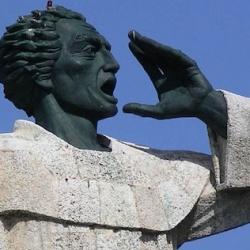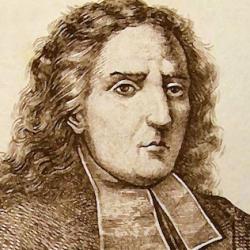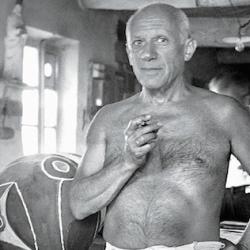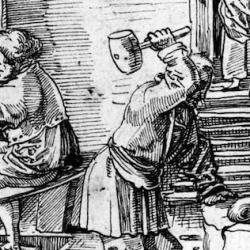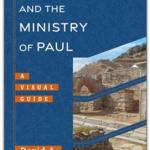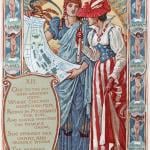On the fourth Sunday of Advent, 1511, a Dominican friar, Antonio de Montesinos, preached a sermon to the Spanish colonists in the main church of Santo Domingo. Bartolome de Las Casas was in the congregation that day, and the rest, as the say, is history. Here’s the central portion of that sermon: I am the voice of one crying in the wilderness. In order to make your sins known to you I have mounted this pulpit, I who am the... Read more

